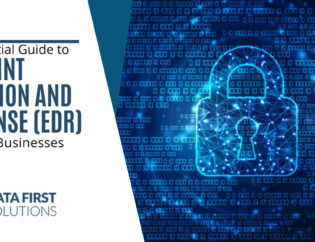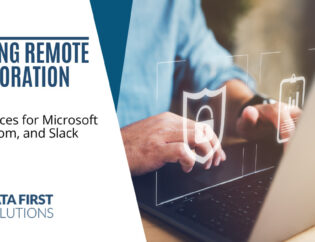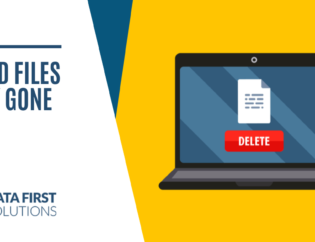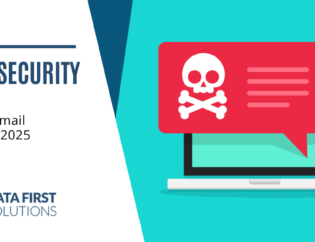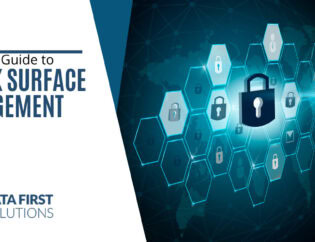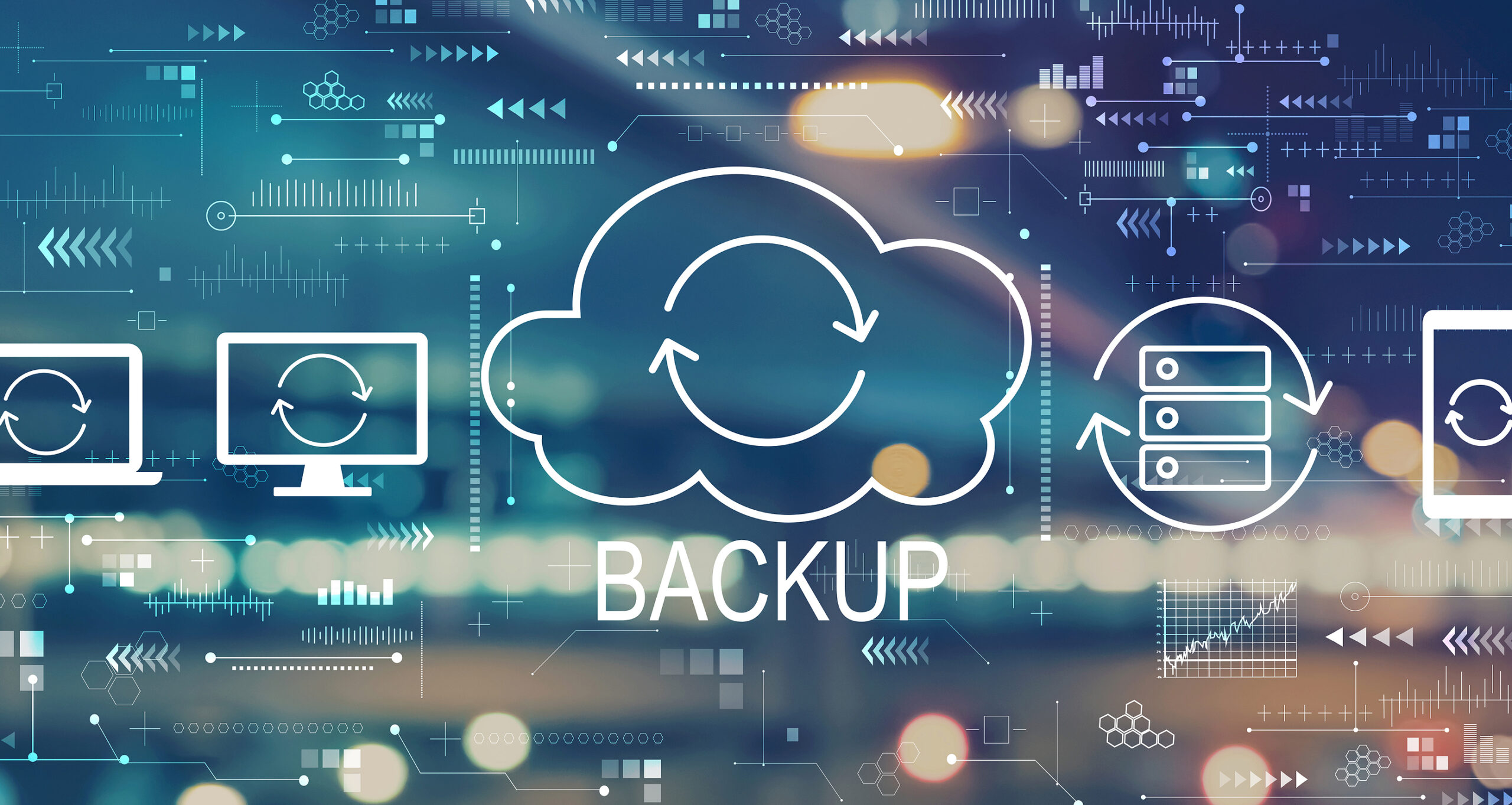
If you stop at just backing up your data, then you’ve only got one piece in place when it comes to disaster recovery and business continuity. This could leave you helpless in the wake of a ransomware attack with no choice but to pay the attackers even though you do have a backup of your data. (This happens all too often!)
In 2020, 78% of Canadian businesses were impacted by successful cyberattacks.
To ensure your company has a strong disaster recovery plan and that you’re not done in after falling victim to an attack, it’s important to have both a backup and business continuity solution in place.
We’ll take you through the difference between business continuity and backups and tell you what you need to do to protect your business’s health and vitality.
Data Backups Explained
Backing up data is one of those best practices that should be second nature to most people and businesses. It’s connected to business continuity in that it’s one of the first steps of a business continuity strategy. But it’s just one piece of the entire strategy.
Data backup means to save a copy of all your business data to a safe and secure location. This should be an encrypted location that is protected against cyber threats and things like accidental deletion or being overwritten.
When backing up data, it’s best to follow the 3-2-1 Backup Rule. This helps you avoid problems with data kept onsite being destroyed.
The rule goes like this:
- 3: Keep 3 copies of all your data (one can be in use on a PC or cloud account)
- 2: Use at least 2 different media to store your backups (e.g., an external hard drive and cloud storage)
- 1: Keep at least 1 copy securely offsite (in the cloud is the smartest way so it’s retrievable from anywhere)
You need to have your data backed up regularly, so it can be restored should you have a data loss incident. And now we get into what business continuity is.
Business Continuity Explained
Business continuity is about ensuring your company can overcome any work-stopping incidents that hurt your operations and recover quickly. The definition of the term continuity is, “The unbroken and consistent existence or operation of something over a period of time.”
Thus, business continuity covers a wider scope of activities than data backup. It’s designed to ensure your continued operation in the event of things like:
- Ransomware or other malware attacks
- Hard drive crash
- A natural or manmade disaster
- Lost or stolen data
- Data breach (on-premises or cloud)
Business continuity will include multiple factors.
Data Recovery
While data backup is the first part of the equation, the recovery of that data to your systems quickly is the second part. All too often, companies focus on the backup part only, and then when they need to restore their data, they realise it’s not going to be fast or easy. This is why many opt to pay ransomware attackers even when they have a backup.
Data recovery looks at things like recovery time objective (how fast you expect to recover after an outage) and recovery point objective (how many years of data needs to be retained in case of data loss)
Looks at Multiple Downtime Situations
While data loss is a big part of business continuity planning, there are other types of attacks that are included in this type of strategy. For example, a business continuity plan looks at what happens if sensitive customer information is breached, and it should include steps that staff are to carry out for notifications and compliance needs.
Business continuity planning should look at all potentially harmful scenarios to your business operations and come up with a two-pronged approach that includes both mitigation and rapid recovery.
Business Continuity Involves Your Team
A good business continuity strategy will involve your team and train them for the steps to take in the case of a crisis event. You should include drills in your training where staff will go through the actions that they would take were a downtime incident to actually happen.
This ensures that instead of people standing around unsure what to do when something catastrophic occurs, they’ll have an action plan that they’ve already practiced carrying out.
Get Help Improving Your Backups & Business Continuity
Data First Solutions can help your Toronto area business put a strong business continuity plan in place that includes automatic data backup and fast restoration should anything happen.
Contact us today to book a free assessment. Call 416-412-0576 or book your assessment online.



